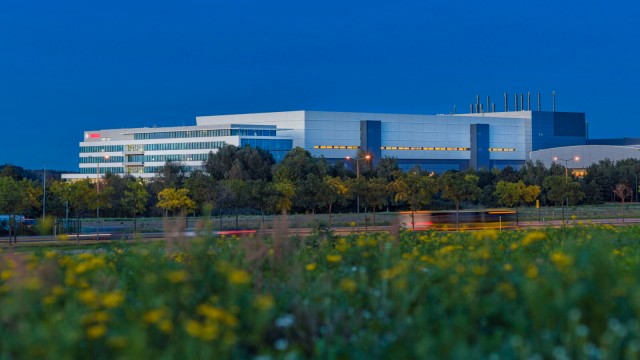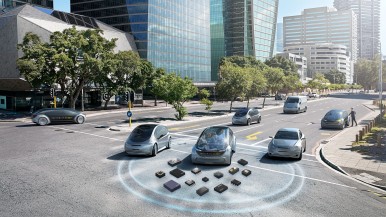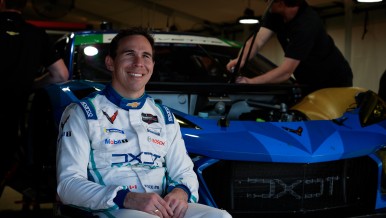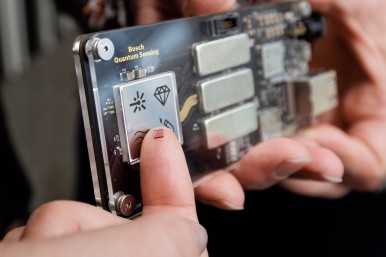General information
Total investment
approx. 1 billion euros
Site
approx. 100,000 m2 (about 14 soccer fields)
Total floor space
approx. 72,000 m² of production area and office space
As of 2022: new construction of a development and laboratory building (in the design phase) as part of IPCEI 2
Clean-room area
Currently approx. 10,000 m²,
addition of some 3,000 m² starting in 2022 (available as of 2024–2025)
Construction timeline
- Groundbreaking in spring 2018
- Machinery installed at the end of 2019
- First fully automated Production run in January 2021
- Opened in June 2021
- Full-scale production in July 2021
Associates in the completed plant
- up to 700
- roughly 380 associates in July 2022
Qualified professionals needed
Experts from the semiconductor industry, such as process, production, or maintenance engineers, mathematicians, software engineers as well as professionals and graduates with degrees in physics, chemistry, or microsystems technology
Manufacturing technology
Highly automated wafer production (300 mm silicon substrate wafers with structures up to 65 nm in width)
Manufactured products
Application-specific integrated circuits (ASICs) and power semiconductors
MEMS manufacturing on 300 mm wafers (SOP in 2026)
Fields of application for semiconductors
Mainly automotive electronics and devices by Bosch Power Tools
Connected manufacturing
At the wafer fab in Dresden, production data is generated at a rate of 250 MB/second, which corresponds to the data volume of 400 HD videos running simultaneously.
Details on the building
Total building volume
600,000 m³
Concrete
approx. 66,500 m³ (about 8,300 concrete mixer trucks)
Steel
approx. 16,400 metric tons (about 30 A380 passenger jets)
Earth moved/excavated
approx. 90,000 m³ (some 7,500 truckloads)
Bored piles for the foundation
approx. 860
Floor slabs
100 cm thick
Length of pipeline
approx. 80 km
Length of electrical cabling
approx. 380 km (from Dresden to Berlin and back)
Funding
Construction of the new wafer fab in Dresden received funding as part of IPCEI 1 (Important Project of Common European Interest) from the German federal government – more specifically, the Federal Ministry for Economic Affairs and Climate Action (BMWK).
Bosch continues to invest at its location in Dresden. An expansion of the clean-room area by 3,000 m² and the construction of a development and laboratory building at the Dresden site are currently in the design phase. This project is expected to be funded by the BMWK as part of IPCEI 2. Approval for the early start of measures has been obtained.






